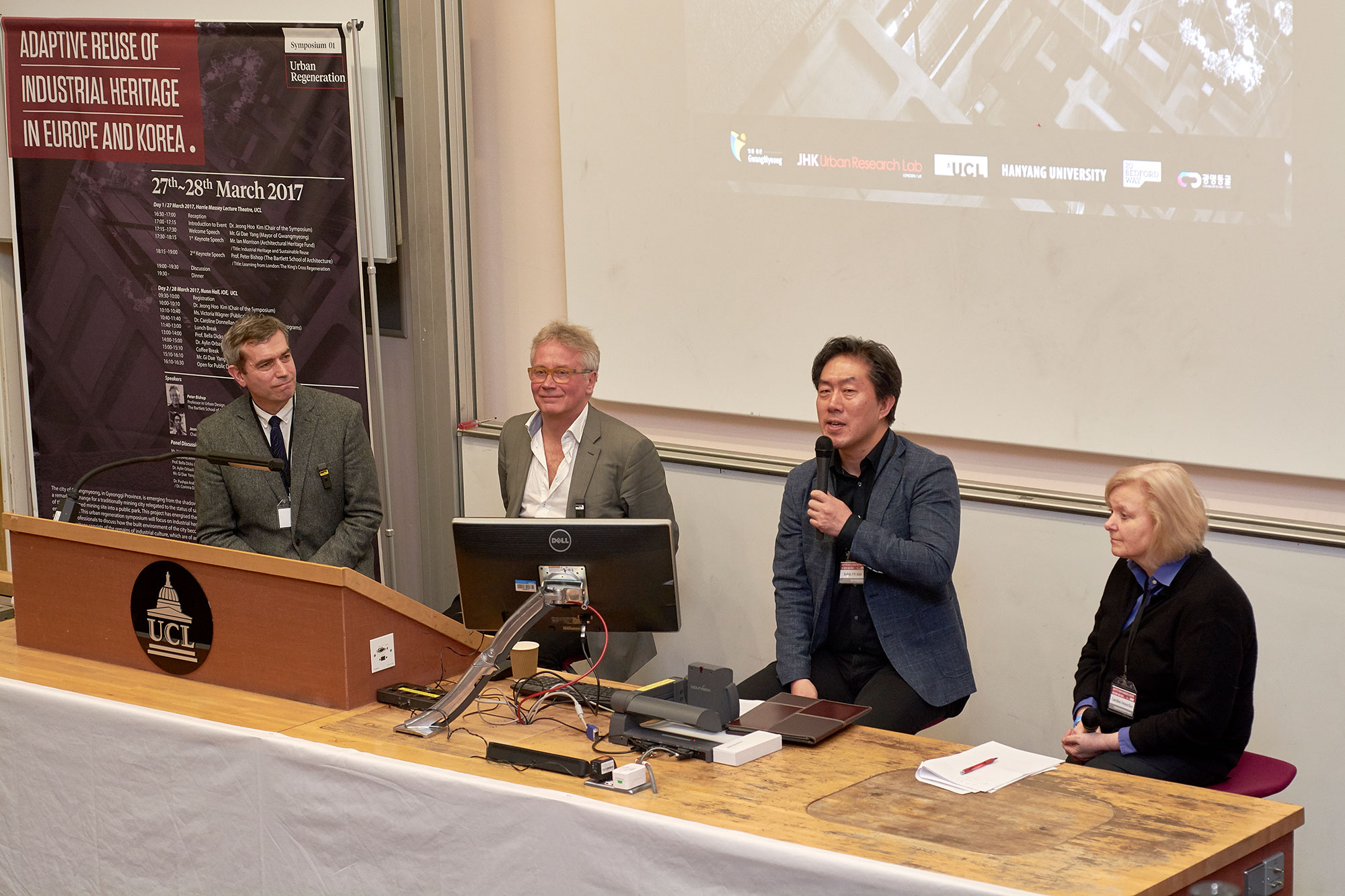In other words, urban renewal cannot be properly achieved through a top-down approach, with a mayor or a governor expecting everyone to agree to and follow their decisions. From start to finish, experts and citizens should put their heads together to unravel complicated problems one by one. It is a difficult and time-consuming process. However, the approach would effectively help lay a solid foundation for democracy, going beyond city growth.
Second, let`s put people in the center. The doors of a museum, which cost a fortune, are firmly locked; few people visit a splendidly refurbished park; colorful murals of unclear national identity decorate the streets; hotels crop up around schools; and cars occupy any empty space. All these situations, though ostensibly different, are due to failures in developing and implementing a people-oriented policy.
This clearly explains why the quality of life and happiness index in Korean cities fall far short of the levels of their dramatic growth over the past half century. Without a shift in the paradigm of urban development to people-oriented approaches, citizens will likely degenerate into urban nomads wandering about gorgeous cities.
Third, let`s shed the illusion of “hitting the jackpot.” There are countless international events of diverse scales that may be hosted to promote urban development, such as the World Cup, Olympic Games, Asian Games and numerous expositions. In principle this approach can yield sufficiently positive results, depending on how to take advantage of the events. But the foolish idea of “hosting equals success” should be abandoned and the act of deceiving people by citing an “astronomical amount of economic effect” should not be tolerated.
During the 20th century, not a few cities got into difficulties by clumsily hosting international events. It`s just that their predicaments are covered up to avoid embarrassment. A city can be driven into an irrevocable state after hosting an international event without thorough preparations, a feasibility study based on experts` opinions and concrete plans for post-event utilization of facilities.
During their campaigns for the latest local elections, some candidates boasted they had made extensive contributions to the development of their cities while others promised to work hard in the future. That`s fortunate. But fundamental changes are needed in their way of thinking and approaches. Instead of simply doing a lot of work, it`s important to seek sustainable methods in whatever they do. Otherwise, their cities cannot become healthy.
I hope that the winners in the local elections will throw away their vain greed and think level-headedly about how to make their cities sustainable and make steady efforts to implement their plans. That`s the shortcut to creating a city in which honest, hard-working citizens can live happily and safely.
Link: http://www.koreafocus.or.kr/design3/culture/view.asp?volume_id=154&content_id=105467&category=C
Korea Focus 2014.07
